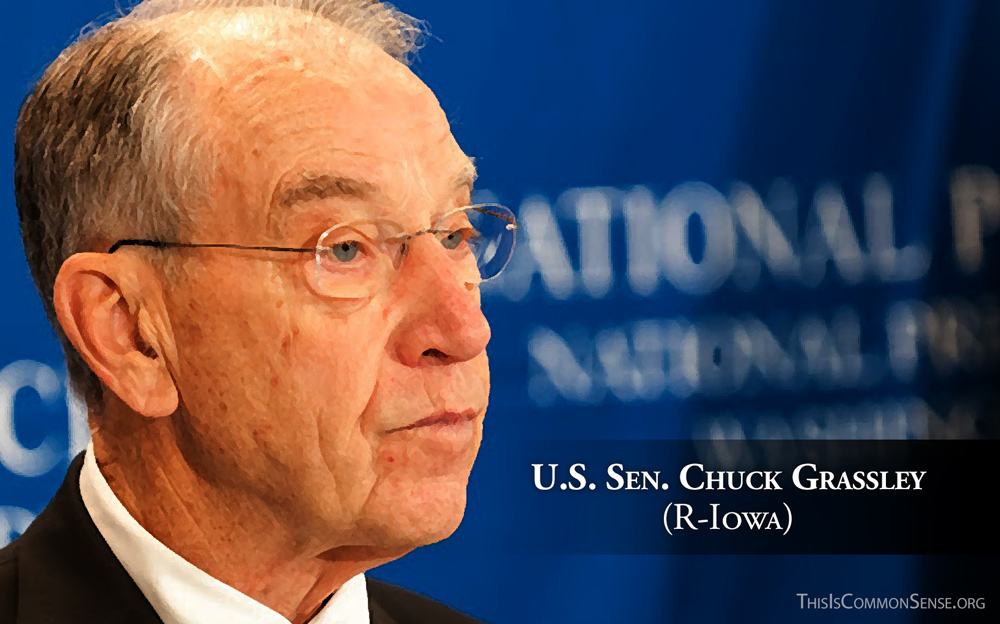“I’ve never said I’m going to unilaterally comply,” Senator Ted Cruz told Face the Nation.
The Texan Republican was talking about term limits. On January 23, he and Rep. Ralph Norman (R‑S.C.) introduced an amendment to the U.S. Constitution to impose term limits on Congress.*
But he was also addressing a complaint.
“Ted Cruz wants two-term limit for senators – and a third term for himself,” ran the headline in The Guardian; “Ted Cruz Confronted on Seeking 3rd Term Despite Pushing for 2 Term Limit” was the story on MSN. “Why aren’t you holding yourself to that standard?” asked Margaret Brennan on Face the Nation. The insinuation is inconsistency, hypocrisy.
Yet, the senator’s run for a third term isn’t either of those things.
Term limits make sense as a systemic fix. As a strategy for any one voter or any one politician, it’s another matter.
Why does so much of the media fail to understand this difference?
Simple: They don’t like term limits. Period.
They envision a big government run by career politicians and reported on by expert journalists while we little people lap up their narratives, keep quiet, and pay the bills.
Who wins, after all, if those who seek to make government more responsive and responsible through reforms such as term limits cede the congressional arena to the Washington insider incumbency, which stays and stays term after term?
Devoid of any rational argument that could sour Americans on the term limits that four of five of us love, the press plays this phony “hypocrisy” game.
Ted Cruz sees through it. He not only understands the advantages of term limits, but also knows that applying them to himself alone makes no sense for his career or for the term limits movement.
This is Common Sense. I’m Paul Jacob.
* The amendment would limit senators to two six-year terms and members of the House to three two-year terms after the date of its enactment.
Illustration created with PicFinder.ai
See all recent commentary
(simplified and organized)
See recent popular posts









